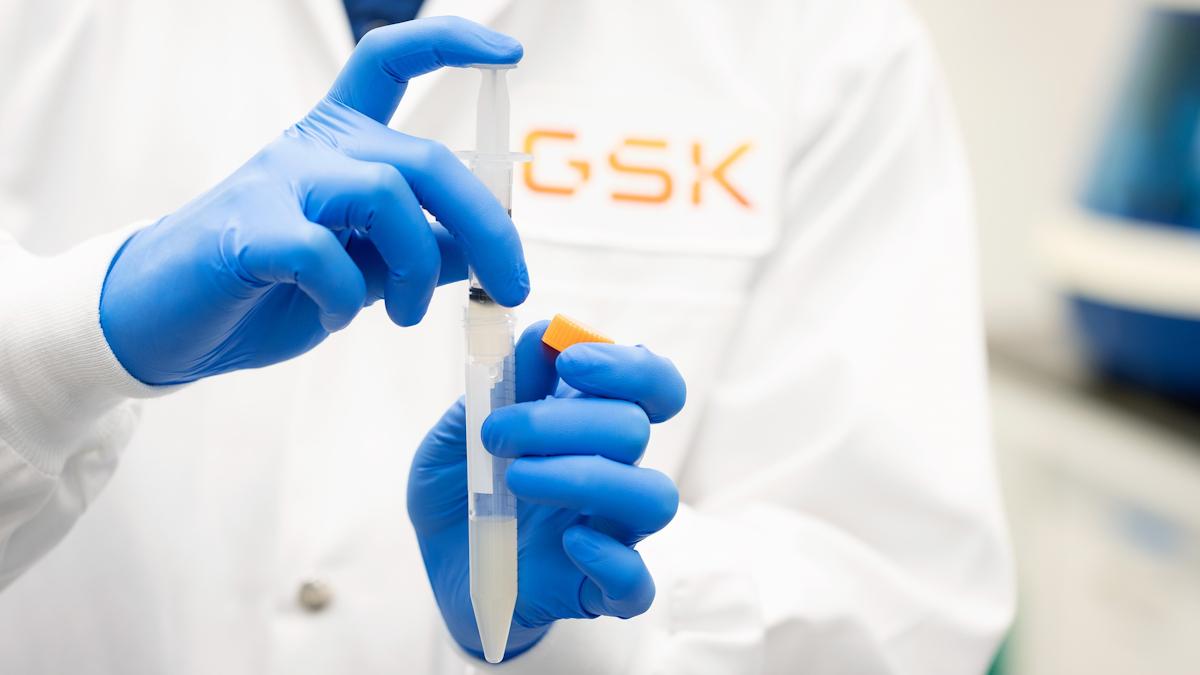GSK's growth plans dented by Blenrep setback

FDA advisors have voted that the benefit/risk profile of GSK's multiple myeloma therapy, Blenrep, does not support its approval in the US – denting the prospects of one of the company's top growth products.
The Oncologic Drugs Advisory Committee (ODAC) voted against two treatment regimens based on the anti-BCMA antibody-drug conjugate (ADC) – one in combination with Takeda's Velcade (bortezomib) and dexamethasone, and a second with Bristol Myers Squibb's Pomalyst (pomalidomide) and dexamethasone – as a second-line treatment option for multiple myeloma.
The panel expressed concerns about the proposed doses of Blenrep (belantamab mafodotin) in GSK's marketing application, safety issues, and the design of the two pivotal clinical trials (DREAMM-7 and DREAMM-8) submitted in support of the drug.
An FDA briefing document (PDF) published ahead of the adcomm meeting had alluded to "high rates of ocular toxicity" with the ADC, "uncertainty" regarding the proposed doses due to high rates of treatment modifications, and limited enrolment of US as well as Black or African American patients and subjects aged 75 and over.
Those issues were discussed by the ODAC, which eventually voted 5 to 3 against Blenrep/Velcade/dexamethasone and 7 to 1 against Blenrep/Pomalyst/dexamethasone. The FDA, which is due to render a verdict on the application by 23rd July, is not bound to accept the recommendations of its advisors, but generally does.
GSK – which has modelled peak sales of around £3 billion (nearly $4 billion) for Blenrep – said in a statement that it "remains confident in the benefit/risk profile of Blenrep […] and will continue to work closely with the FDA as they complete their review for Blenrep in patients with relapsed or refractory multiple myeloma where there is high unmet need for novel treatment options that extend survival."
Blenrep was given accelerated approval as a fourth-line or later treatment in 2020, but was taken off the market two years later after a confirmatory study failed to show an improvement in progression-free survival (PFS) or overall survival (OS) when used as a third-line or later treatment.
That led to the drug, which had been held up by GSK as a future blockbuster, being pretty much written off, but bounced back when data from the DREAMM-8 and DREAMM-7 studies showed improvements in PFS and OS.
The ADC is already approved in various markets, including the UK, Japan, and Switzerland, for relapsed or refractory multiple myeloma based on the DRAMM-8 study and is also under regulatory review in the EU and China. Losing the US as a potential market would, however, be a major blow to GSK's sales hopes.












